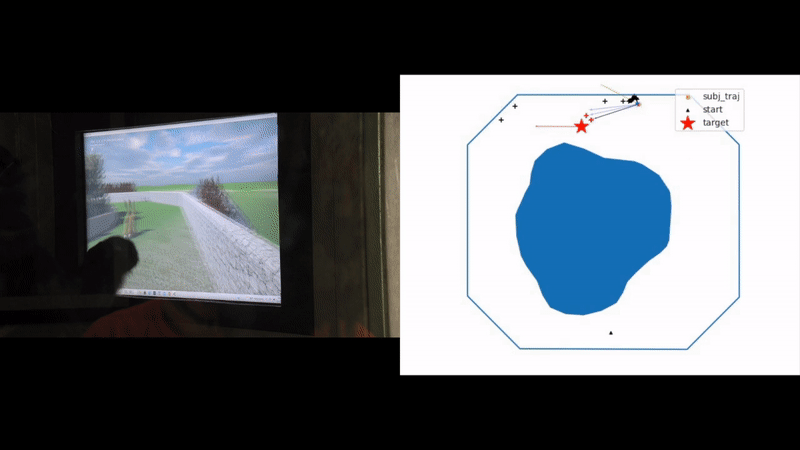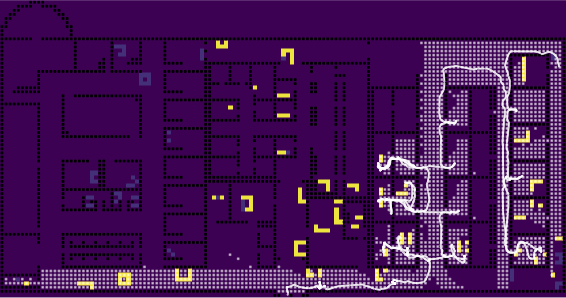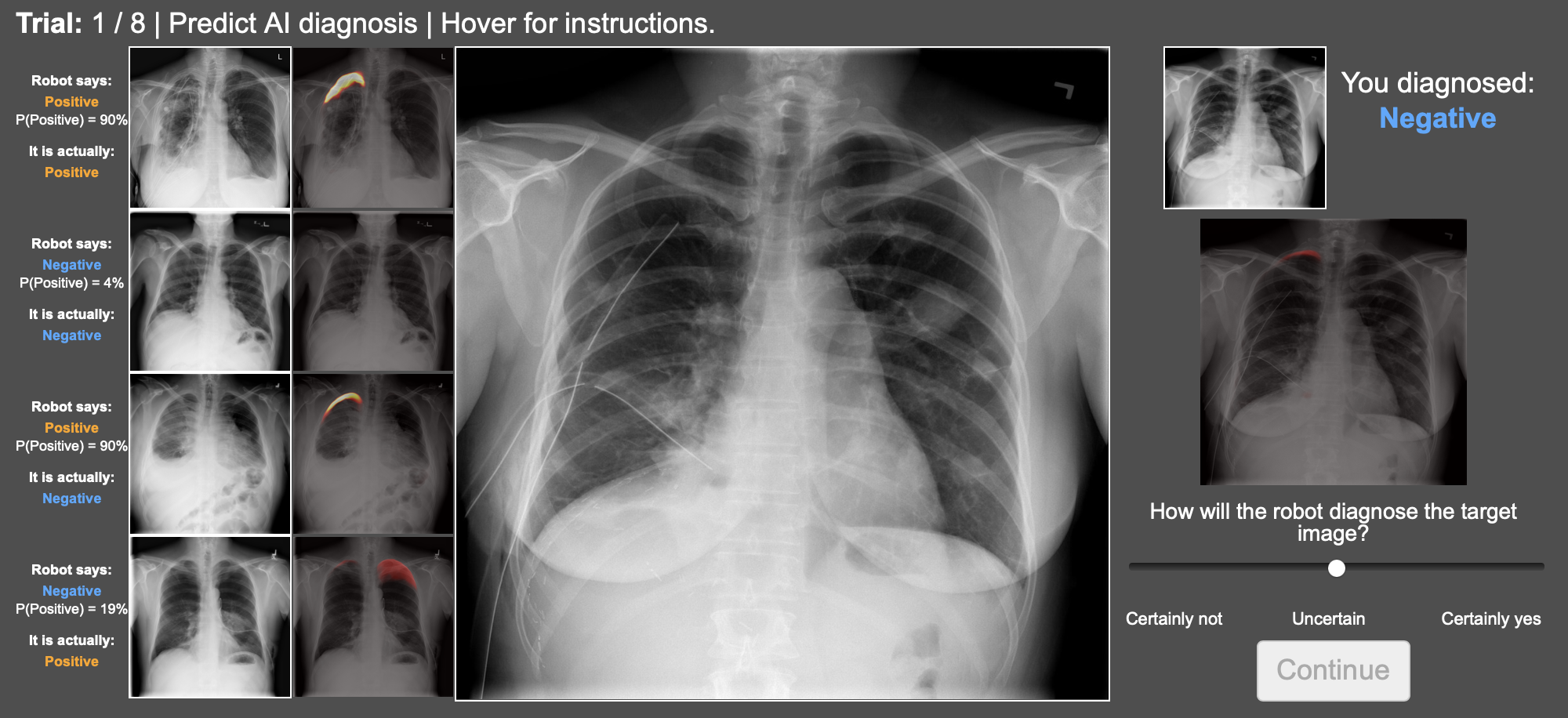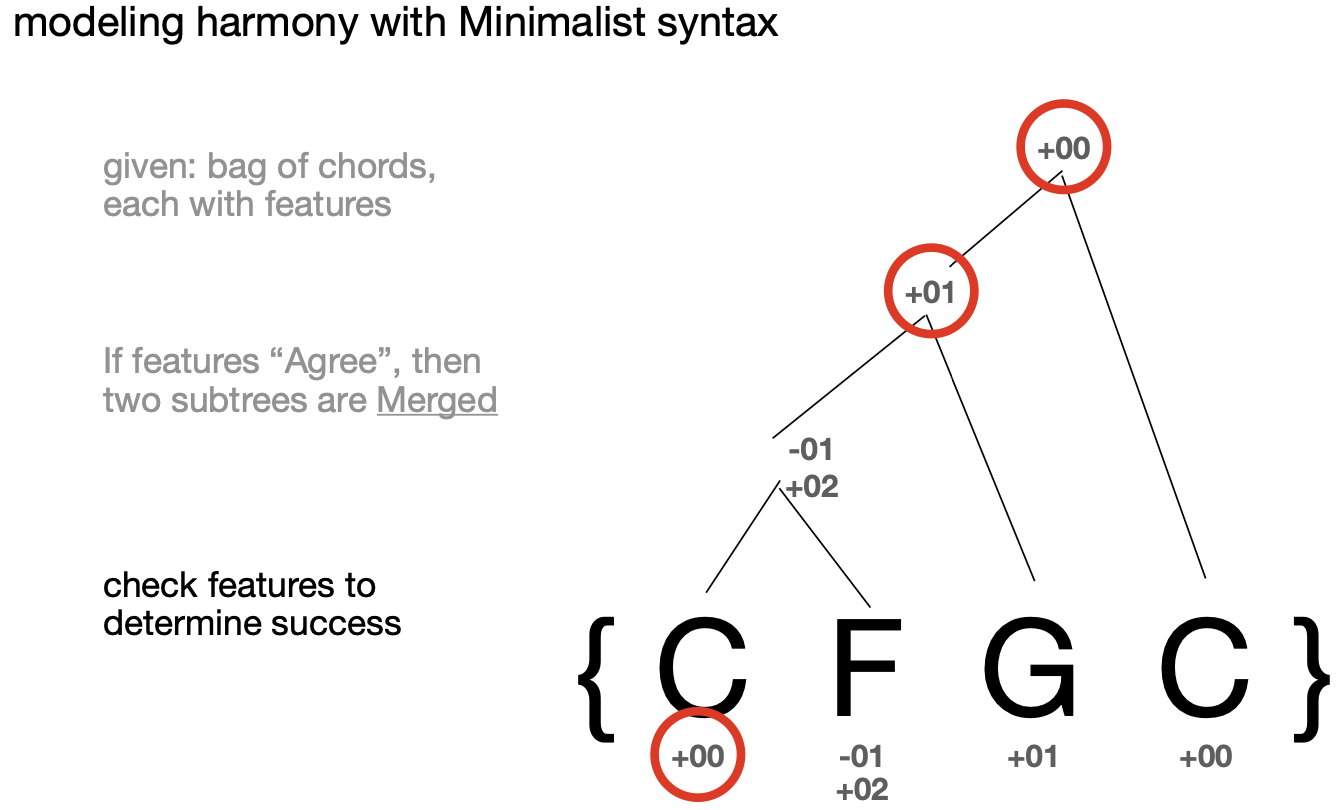I am a PhD student in Psychology at Stanford University, advised by Professor Judy Fan. My research is supported by a NSF Graduate Research Fellowship. I’m excited about computational modeling of cognition and “creative” domains like music.
If you’re a researcher at Stanford, check out our Computational Cognitive Science Reading Group!
I did my undergrad at University of Michigan, studying french horn (music performance) and cognitive science. There I worked with Professor Taraz Lee in the Cognition, Control, and Action Lab and wrote my honors thesis on music and language. In the following years, I’ve greatly enjoyed being a part of the Cognitive and Data Science Lab at Rutgers Newark and the Language & Cognitive Architecture Lab at Michigan.
 |
Chimpanzees (Pan troglodytes) and bonobos (Pan paniscus) chase prey around obstacles in virtual environments Rapport Munro, E., Koopman, S. E., Anderson, S. P., Schweller, K., Röhr, H., Kleiman-Weiner, M., Lewis, R., Klein, B., Allritz, M., Robinson, L. M., Dolins, F. L., & Call, J. (2025) doi Can we study how primates navigate and hunt with realistic video games? In a first-person touchscreen task, bonobos and chimpanzees tend to chase mobile bunnies directly. In a few cases, they appear to intercept bunnies, anticipating where prey moves ahead of time. |
 |
Inferring knowledge from behavior in search-and-rescue tasks Yang, S. C.-H., Anderson, S., Wang, P., Rank, C., Folke, T., Shafto, P. (2021) poster To give a teammate the information they need, it's helpful to infer what they already know. In a Minecraft task, participants searched a partially demolished building for survivors. From only their movements, our model inferred which floorplan participants had studied before entering the building (DARPA ASIST). |

|
Explainable AI for medical imaging: explaining pneumothorax diagnoses with Bayesian teaching Folke, T., Yang, S. C.-H., Anderson, S., & Shafto, P. (2021) doi We generated explanations for a neural classifier's predictions in a medical domain. Our method selects explanatory examples of predictions via a model of pedagogical reasoning. I developed an human experiment interface for evaluating explanations in JavaScript. |

|
A linguistic model of minimalist syntax composes Tebe poem Anderson, S. P. (2020) doi For my undergrad honors thesis, I reformulated a simplified model of Minimalist syntax to write Western Tonal chord progressions. This resulted in a better parse of Bortniansky's Tebe Poem. It was the first (to our knowledge) programmatic simulation of Minimalist ideas in music composition. |

|
Rewards interact with explicit knowledge to enhance skilled motor performance Anderson, S. P., Adkins, T. J., Gary, B. S., & Lee, T. G. (2020) doi When we learn movement skills (such as riding a bike), we develop both explicit “conscious” knowledge of our movements (the sequence of letters in a password) as well as implicit, “unconscious” knowledge (quickly typing the password with muscle memory). When we’re more motivated, we perform these movements faster and more accurately. Our experiments suggest that increased motivation additionally enhances the ability to plan movements ahead, enabled by explicit knowledge. |